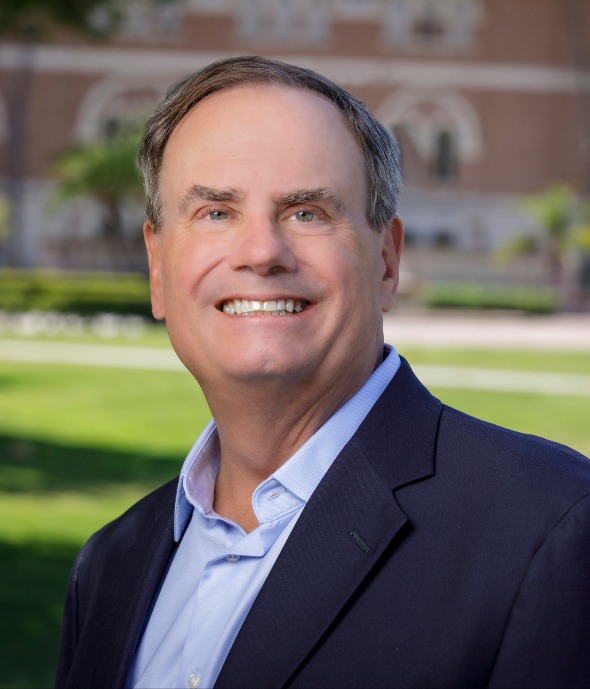Models of early exercise of employee stock options invariably assume that exercise decisions are driven by risk-averse employees seeking to rebalance their undiversified portfolios. Using the entire history of stock option grants and a 10-year panel of over 10,500 option exercises from over 3,800 employees in five companies with a plausible proxy for outside wealth (home prices measured at the employee Zip Code level plus cumulative realized proceeds from prior equity grants), we find scant evidence that actual exercise decisions are driven by diversification concerns. Our main test shows that changes in home prices are generally positively associated with option exercises, a result that is consistent with liquidity motives for exercising, but inconsistent with diversification or leading behavioral theories. In additional analyses, we find that exercise is more likely following new grants of restricted stock but not new grants of options, risk-aversion parameters implied by observed exercises (assuming a diversification motive) are implausibly large, and employees often exercise all exercisable options (from the same or different grants) at the same time. Collectively, our findings suggest that diversification is unlikely to be a primary motive for early stock option exercise.







